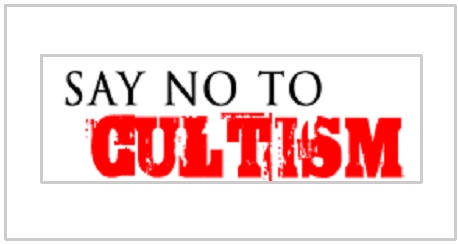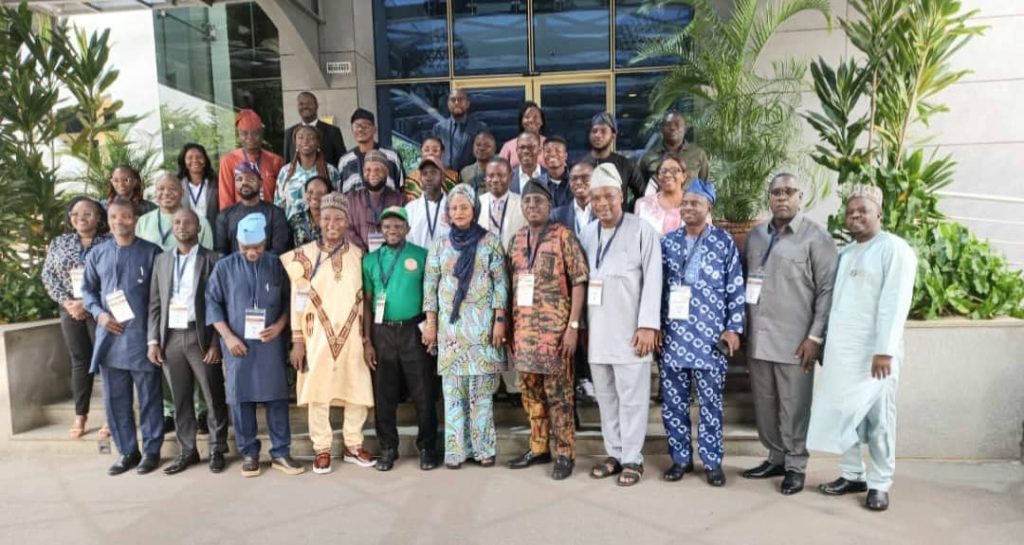Last Updated on August 27, 2020 by FUNAAB
The prevalence of cultism in Nigerian universities today cannot be over-emphasised. Countless number of students and youths across the country had lost their lives due to this menace. Legit.ng describes cultism as activities or practices of a group of people with one common spiritual, religious or philosophical belief. The term ‘cult’ is a collective name for those practising cultism.
Cults are also called secret societies because their activities and practices are hidden from the public eye and done in highly secretive and secluded places. Members of secret cults often swear an oath of allegiance or go into covenant with each other and they are meant to defend their beliefs and practices to their last breath. Cultism is one of the major vices confronting the educational sector as members engage in various destructive acts such as making painful inscriptions on the bodies of new members, ritual practice, murder, taking of hard drugs, indecent dressing, intimidation of others, armed robbery, sexual assault, and kidnapping, among others.
Going down the memory lane, it is believed that cultism, which is also known as secret society, confraternity or campus cult, started in Nigeria in 1952 as a socio-cultural club with the first being the National Association of Sea Dogs (Pyrates Confraternity). Soon after in the early 1970s, other cult groups such as the Buccaneers Confraternity (The National Association of Sealords) was formed in 1972, The Supreme Eiye Confraternity, which started at the University of Ibadan, The Neo-Black Movement of Africa (Black Axe), and many others followed suit.
The emergence of these cult groups birthed an increase in social vices and secret cult groups on the campuses and the constant killing of cultists and innocent citizens across the country. Today, cultism has gone beyond the shores of tertiary institutions by extending to secondary schools and various communities. These days, cultists are known to kill, maim, rape, rob, harass, intimidate, fight, kidnap, vandalise, assault, destroy or even poison innocent and rival cultists. Despite efforts by the government and school authorities, bringing an end to cult practices in institutions has not been possible as innocent people are still being initiated into cultism.
Recently, the Assistant Chief Environmental Officer of FUNAAB, Mr. Peter Bolarinwa advised students of the University to shun cultism and work towards building a brighter future for themselves. He enlightened the students on the dangers of cultism and encouraged them to be mindful of the company they keep and remember the home they have left behind, stressing that whatever decisions they make today would have great impact on their future. Mr. Bolarinwa admonished them to shun vices that may jeopardise their education by not forgetting their purpose of being on campus.
The constant attacks on innocent souls and rival groups appear to be on the increase as more innocent souls are being attacked with dangerous weapons on a daily basis. However, among numerous atrocities committed by major cult groups in some Nigerian universities, as reported by Opinion Nigeria, include those that occurred at the gate of the Benson Idahosa University, Edo State where an only child of a Pastor was reportedly killed and many others were wounded. A student of the Cross River University of Technology (CRUTECH) and other unidentified persons were also allegedly killed in a cult clash between the Vikings and KKK confraternity in the Ogoja Local Government Area (LGA) of Cross River State while inter-rival cult clashes took place between members of Vikings and Buccaneer at the Ebonyi State University, leaving a final year student dead.
The above cases are just a small part of the high cases that have been recorded, suggesting that all hands must be on deck to fight against this cankerworm that is constantly affecting the development of tertiary institutions in Nigeria.
How then can cultism be prevented or reduced to the barest minimum? Again, Opinion Nigeria suggests the following:
– Proper campaign on the negative effects of cultism.
– Effective security in schools.
– Good parental upbringing.
– Severe punishment for cult activities.
– Encouragement of academic exploits.
– Avoid keeping of bad company.
In conclusion, parents and guardians should make unscheduled visits to the schools and institutions of their children and wards so they can know the kind of friends they keep or what they have been doing. School authorities and institutions should continue to create more awareness on the dangers of cultism while the government should put in place, more effective laws and security to tackle this social problem.








